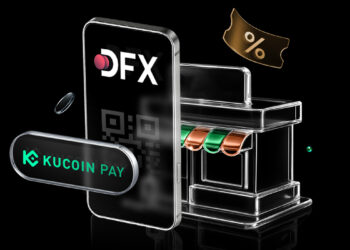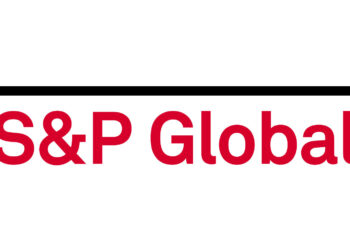Last updated on January 20th, 2022 at 04:55 pm
SEC has been on a roll recently, charging different crypto-based companies for varying purposes. Coinbase was recently threatened by the SEC due to its intending yield product. Other cryptocurrency companies had released their yield products years ago, and Coinbase wanted to intimate the authorities about its potential yield product. SEC threatened to sue them if they went on with their plans.
Different parties had varying things to say, and one of them was from Erik Voorhees,
‘The question shouldn’t be, “is the yield product a security?”
The question is, “Why can’t a reputable company offer a useful service to customers that want it, without getting sued by regulators in the god damned United States of America?”‘
Recently, the United States Securities and Exchange Commission (SEC) charged a crypto firm, Rivetz, for offering securities that cost over $18 million.
In 2013, a blockchain firm, Rivetz was created and it went on to raise illegal and unregistered securities in 2017. Over $18 million was raised from at least seven thousand investors during that period. The purpose of the fundraising was not met, and the investors were left in the lurch when the firm closed.
In September 2021, SEC decided to start a case against the founder of Rivetz, Steven Sprague, as well as the subsidiary of Rivetz Corp, Rivetz International.
According to a press release by the SEC, the company illegally released RvT tokens and claimed it was an investment opportunity. It went on to state that, “The complaint alleges that Sprague marketed RvT as an investment opportunity by promoting the value of RvT to investors; highlighting that RvT would be made available to trade on digital asset trading platforms; describing where RvT could be resold; touting Sprague’s abilities and managerial skills, including his experience as a former officer and director of a public company; and claiming RvT would increase in value as a result of Rivetz’s efforts. According to the complaint, the RvT tokens could not be used to purchase any goods or services at the time they were sold. As alleged, the defendants’ offers and sales of RvT, which raised the equivalent of $18 million in digital assets from investors, were not registered with the SEC and did not qualify for any exemption from registration.”
During the sales, Rivetz made their users buy their crypto with Ether, which was later liquidated and used to fund an expensive lifestyle for the founder.
If you would like to read more interesting case studies like this, follow DeFi Planet on Twitter and LinkedIn.





















